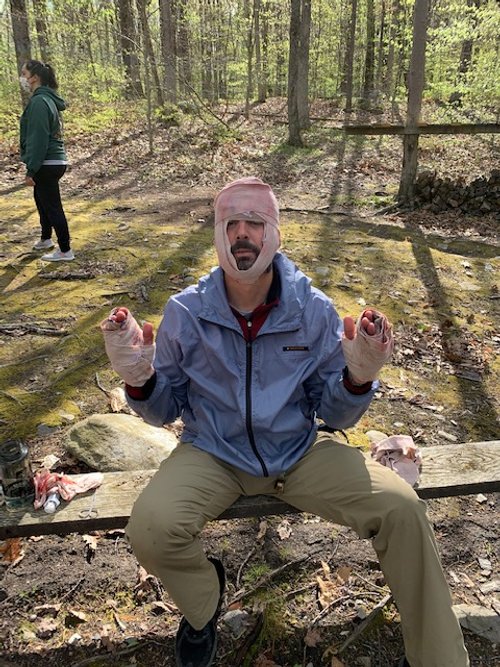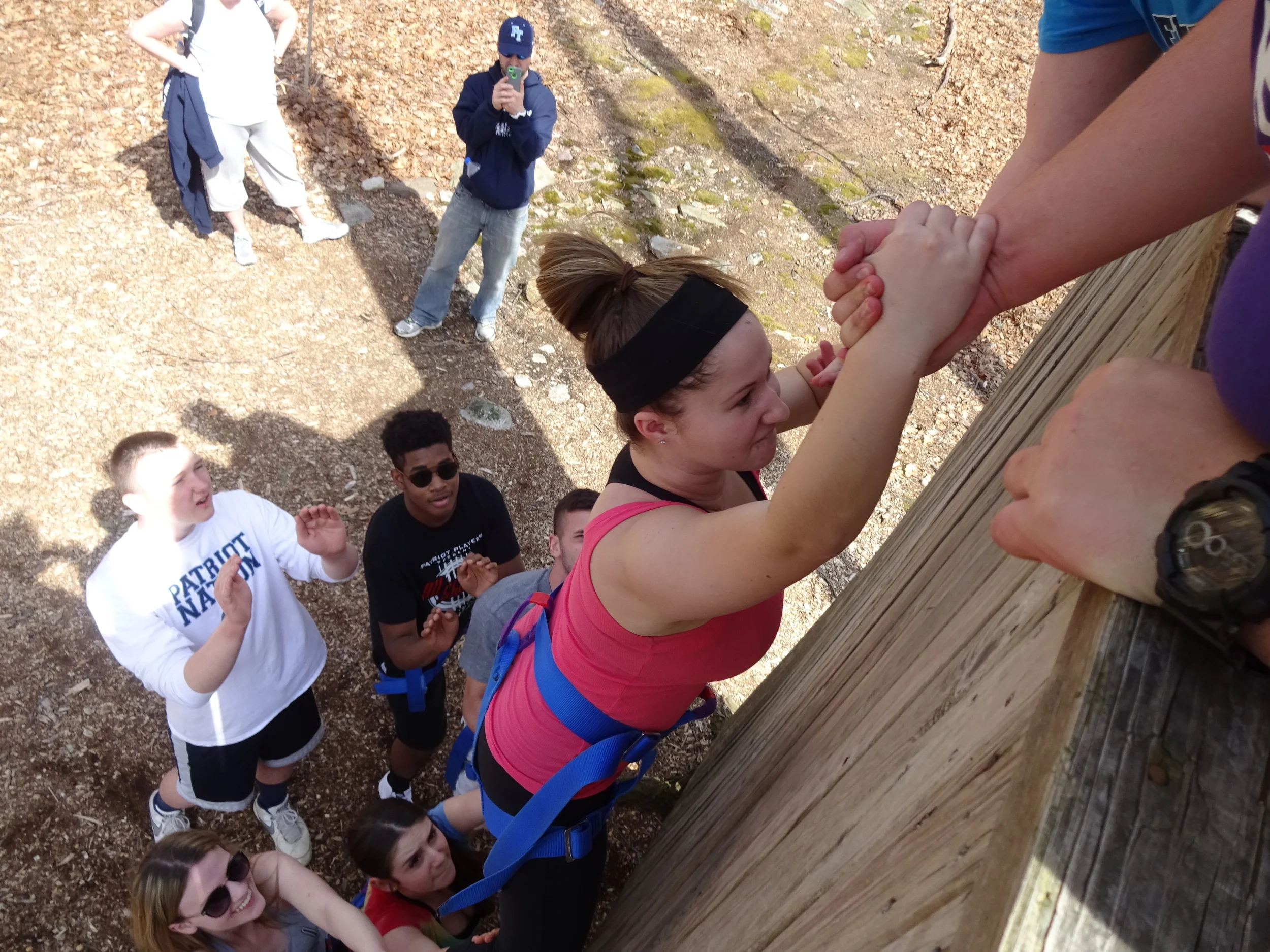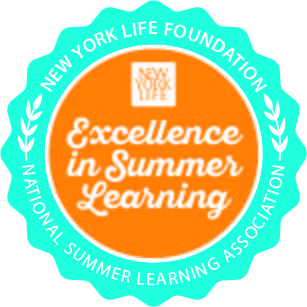SEL and the Outdoors
/The focus on social-emotional learning (SEL) at the Princeton-Blairstown Center is in everything we do. As an outdoor, adventure, and experiential education-focused organization, it means that SEL is the thread that ties all of our activities and programs together. For this Earth Month edition of Compass Points, we considered the many natural intersections of social-emotional learning and our outdoor and environmental programming.
Research published in the Journal of Adolescence studied an Outward Bound group’s experience with SEL and highlighted the program’s positive impacts on the students’ ability to “successfully endure distress and a process of experimenting with new mindsets that helped them rise above their anxiety and distress…and found that peers provided skillful and responsive on-the-spot support that motivated youth, helped them succeed, and scaffolded students’ learning strategies for dealing with physical, social, and emotional challenges.” The novel situations brought about by adventure education, and the fear and anxiety that accompany almost all situations that involve the new and unknown, can be used as perfect jumping-off points for experienced facilitators to dive into emotions and mindset shifts with outdoor education participants. The coping skills, strategies, and tactics that come out of those discussions can then be translated to classroom learning and beyond.
A research survey compiled by Green Schoolyards America asserts that “fewer, longer sessions of outdoor learning (education outside the classroom) are more beneficial than more frequent, shorter sessions and lead to improved pro-social behaviors among students.” This is another strength of organizations like PBC, which can - and do! - structure most participant activities around the experience of being in the out-of-doors. Sharing experiences in that space, along with thinking and learning in that context with peers, can offer new and different perspectives for any member of modern society, particularly one which seems increasingly expected to spend the majority of its time indoors.
Also noted in the Green Schoolyards piece is that “blended learning that combines traditional education with forest school or other models of outdoor curricula enhances children’s social interaction skills, builds confidence, promotes problem-solving and independence, builds negotiation skills, and supports creativity.” In this year of extraordinary disruption to all areas of society, we have been fortunate to offer two full semesters of Wilderness Leadership School (WLS) for local students, at a time when our regular partners were unable to attend on-campus programs. WLS offered a weekly all-outdoor, full-day learning format, compounding the social-emotional learning opportunities such curricula can provide to a group of students whose traditional learning and extracurricular activities have been disrupted in unprecedented ways. In providing for public health and safety considerations, we were able to tap into both the healing power of nature and the many opportunities for increased learning, health, and future success that outdoor learning provides.
If the pandemic has reinforced anything for those of us in the outdoor and adventure education field, it might be that before, we could agree that these experiences were important – now, we can all loudly assert that they are not merely important, but in fact critical to the development of the social-emotional skills that enhance the grit, resilience, and overall success of all people.
























